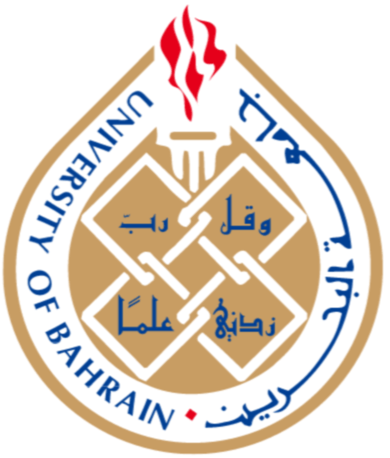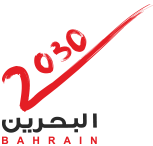NEWS
In UOB’s Celebration of The Arabic Language Day Dr. Al-Kaabi: Developing an Electronic Content for Teaching Arabic to Non-Native Speakers

Sakhir – University of Bahrain (Ali Al Sabbaq)
December 27, 2022
Dr. Diaa Abdullah Al-Kaabi, Head of the Arabic Language and Islamic Studies Department at the University of Bahrain, stated that the Department’s committee of professors is working on developing an electronic content for teaching Arabic to non-native speakers, as part of the Department’s efforts to promote the language.
Dr. Al-Kaabi made this statement in a symposium organized by the Department of Arabic Language and Islamic Studies for its professors and university students, on the occasion of the world’s celebration of the Arabic Language Day, under the theme, “The Arabic Language and Sustainable Cultural Development: Projects for Promoting Arabic for Non-Native Speakers as a Model.”
The head of the Department of Arabic Language referred to major changes and transformations that imposed a new reality for new generations and raised questions about linguistic alienation and youth alienation. Dr. Al-Kaabi added, “We are reassured despite these major challenges facing the classical Arabic language thanks to the faith political leaders in the Gulf Cooperation Council countries have and the attention they pay to the necessity of preserving the language, as a cultural, civilizational, and cognitive component. As a result, some Gulf initiatives were launched in the last two decades to preserve the Arabic language and to continue to make it a civilized bridge between multiple cultures. These initiatives aim to raise the level of the Arabic language, teach it to non-native speakers, and support it through specialized research centers.”
Associate Professor of Linguistic and Syntax, Dr. Ihab Mohammad Abu Setta, spoke in the symposium, about teaching Arabic to non-native speakers for special purposes, reviewing the history of teaching Arabic to non-native speakers since the advent of Islam.
Dr. Abu Sitta explained teaching Arabic for Special Purposes (ASP) as one of the curricula for teaching Arabic to non-native speakers, the course materials of which are mainly determined based on a prior analysis of the learner’s needs.
Assistant Professor of Modern Literature and Criticism, Dr. Abdul Qader Khalifa Al-Marzouqi, mentioned in his paper the benefits of learning Arabic, its sustainable cultural roles, and its impacts on other cultures and languages.
Dr. Al-Marzouqi added, “The Arabic language impacted the investment market a long time ago, because of the commercial importance it represents in the global markets. Non-Arabic speakers need to use this language as a necessary means of communication, buying and selling, which makes mastering the Arabic language an urgent need.”
For his part, Assistant Professor of Grammar and Morphology, Dr. Sayed Isa Jawad Al-Wadaei, presented his approach in teaching Arabic to non-native speakers to a group of foreign students, reviewing his new method of teaching in a smooth and accessible manner. He also presented a documentary presentation of his efforts with his foreign students, pointing out that his experience in teaching Arabic to foreigners extends for more than ten years and that he authored a series of books in Arabic for non-native speakers.
In addition, Assistant Professor of Grammar and Morphology, Dr. Naser Hameed Al-Mubarak, reviewed his experience in teaching Arabic to non-native speakers, and referred to the common difficulties and problems in this field.
Other activities were held on Wednesday and Thursday (21-22 December 2022), including poetic debates, festive poems in classical Arabic, an exhibition of the Arabic language in other cultures, an exhibition of Arabic calligraphy, and sung classical Arabic poems.
















